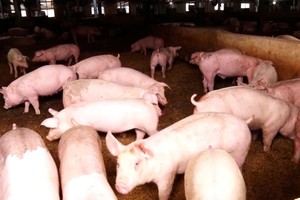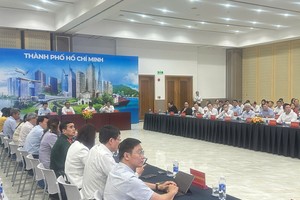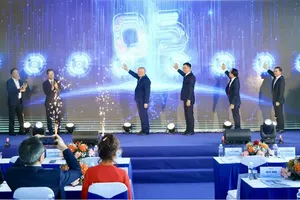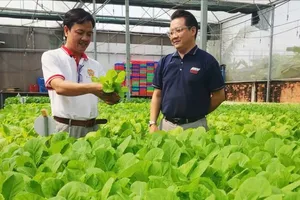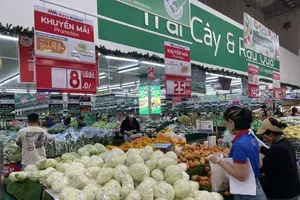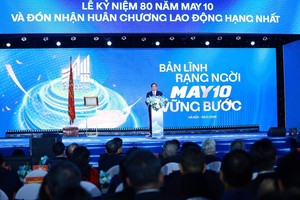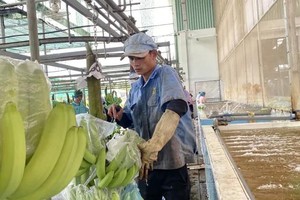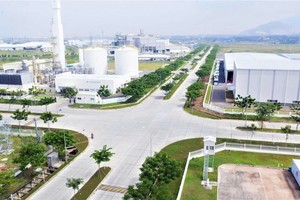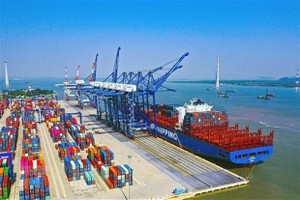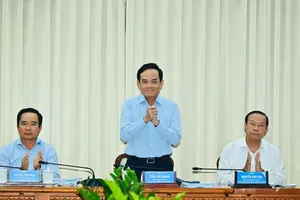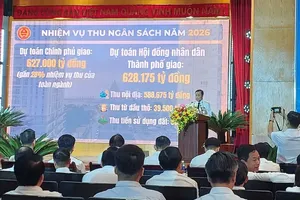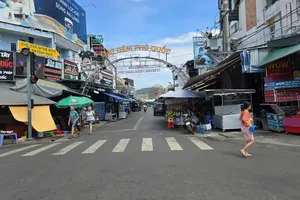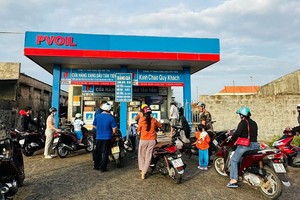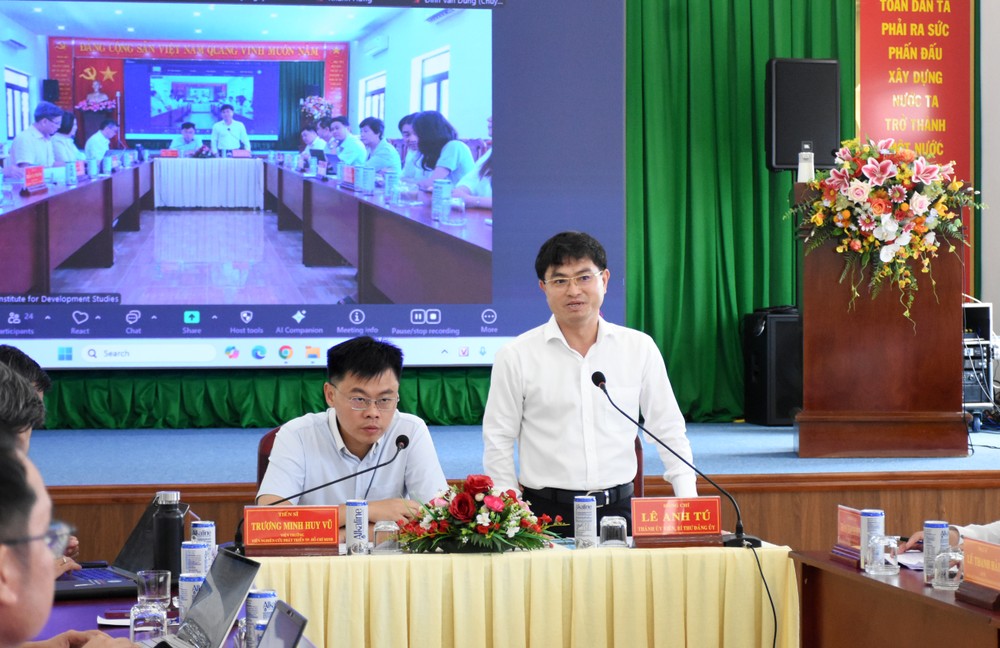
At the event, a team of experts from VinUni University highlighted Con Dao’s vast potential to become a “world-class low-carbon heritage island.” According to the team, four strategic pillars must be prioritized to enable a green transformation of the special zone including green transportation, sustainable energy, a blue (marine-based) economy, and high-quality tourism.
In the area of green transportation, proposed solutions include converting 100 percent of all vehicles to electric by 2030, offering financial support, establishing low-emission zones, and building infrastructure for charging stations, battery swapping, and integration of renewable energy.
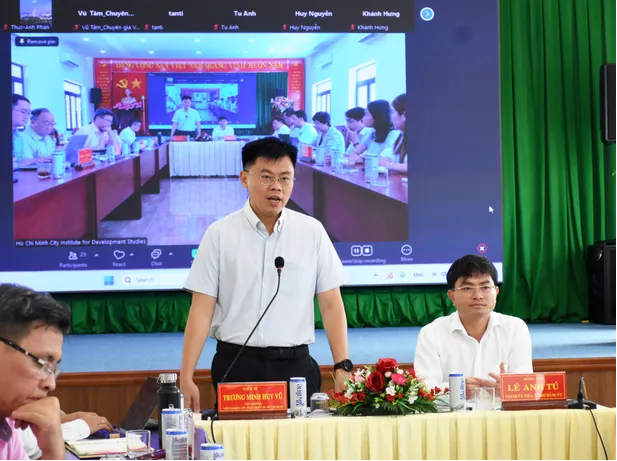
For sustainable energy development, experts emphasized investment in wind and solar power as well as waste-to-energy technologies. Solar power installation would be made mandatory for public offices, while hotels and households would be encouraged to adopt rooftop solar systems. Smart lighting systems were also recommended.
A blue economy for Con Dao would involve restoring coral reefs and seagrass beds, developing blue carbon credits, and creating new financial resources through ecosystem services.
In the tourism sector, efforts should focus on building a brand that integrates heritage, spirituality, and ecology; promoting in-depth, responsible travel experiences; piloting destination fees to reinvest in conservation; and developing green hotels alongside a selectively curated night-time economy.
Speaking on the need for green transportation, Mr. Pham Vuong Bao, Deputy Director of the Public Transport Management Center under the HCMC Department of Construction, noted that over 95 percent of motor vehicles in Con Dao still rely on fossil fuels. He pointed out the lack of public transport infrastructure and the near absence of non-motorized transport options. Meanwhile, air pollution, carbon dioxide emissions, and fine particulate matter (PM2.5) are increasing, especially at major tourist sites.
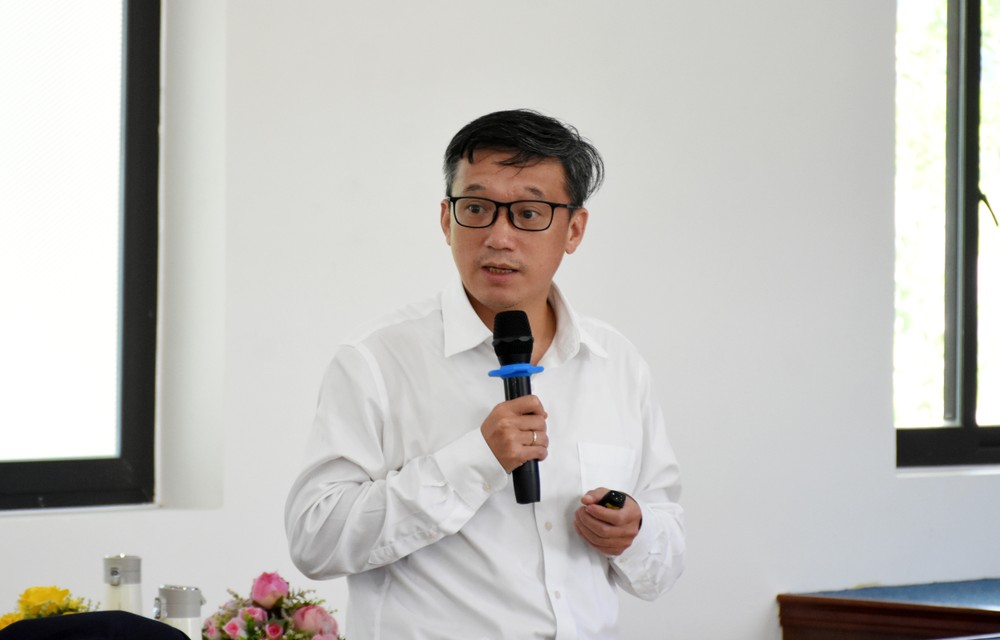
To address these issues, HCMC is drafting regulations that will gradually enforce emissions standards for cars, motorcycles, and scooters operating on the island, in line with national environmental policies.
Dr. Truong Minh Huy Vu, Director of the HIDS, stressed the need for a comprehensive green transformation plan across multiple sectors—tourism, transport, and agriculture. Achieving this vision, he said, would require collaboration with consulting experts and businesses willing to partner with Con Dao in the long term.
Assoc. Prof. Dr. Nguyen Hong Quan, Director of the Institute for Circular Economy Development, also proposed several initiatives aligned with the island's “nature-based, low-carbon” development strategy. These include raising public awareness of the circular economy, minimizing waste—particularly plastic waste, promoting water reuse, enhancing energy efficiency, and preserving biodiversity.
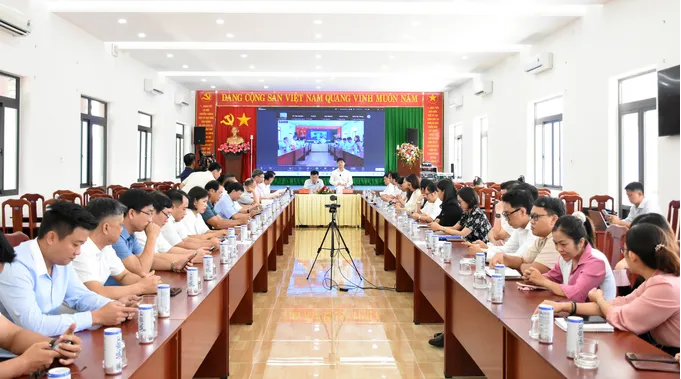
Wrapping up the workshop, Mr. Le Anh Tu, Party Secretary of Con Dao Special Zone, acknowledged the practical contributions of scientists, experts, and administrators. He affirmed that these insights will play a crucial role in helping Con Dao become stronger, more prominent, and more sustainable.
Mr. Le Anh Tu also expressed hope that investors would remain committed to partnering with the island’s development journey, and assured that the local government would introduce appropriate incentives and policies to support such efforts within the bounds of the law.
